It’s no secret that the photos of models and celebrities are often (if not almost always) retouched to look thinner in the waist and more rounded in other parts of the body. They often lengthen their legs, remove all skin defects and make the eyes bigger. Now, since October 1, every photo in France that has undergone changes must be accompanied with a special inscription (“a retouched image”), similar to those that can be seen on cigarette packs.
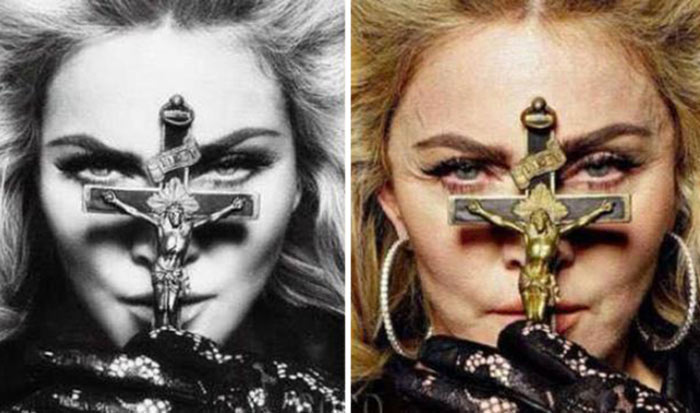
Any company that decides to violate this rule will be fined from € 37,500 or 30% of the cost of advertising.
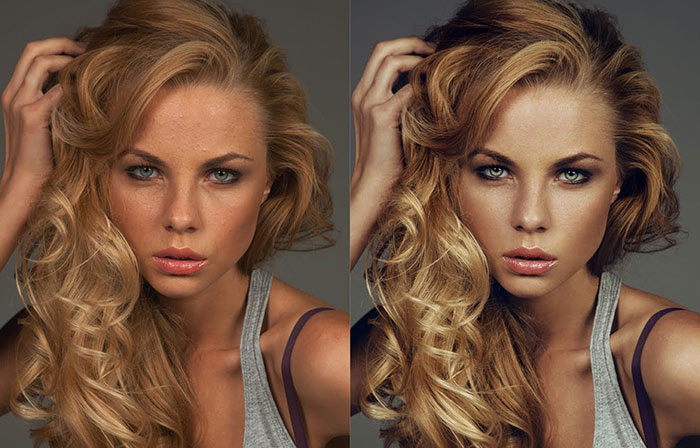 The reason for such innovations lies in the fact that the state is seriously concerned about the general health of the society. In addition to numerous scandals associated with models with anorexia, in France there is also a problem among girls and women seeking to conform to the imposed standards and consciously becoming extremely lean. According to Minister of Health of France Marisol Turen, showing unreal images of bodies to young people and positioning them as standards of appearance, we thereby violently damage their sense of dignity, which affects their physical health.
The reason for such innovations lies in the fact that the state is seriously concerned about the general health of the society. In addition to numerous scandals associated with models with anorexia, in France there is also a problem among girls and women seeking to conform to the imposed standards and consciously becoming extremely lean. According to Minister of Health of France Marisol Turen, showing unreal images of bodies to young people and positioning them as standards of appearance, we thereby violently damage their sense of dignity, which affects their physical health.
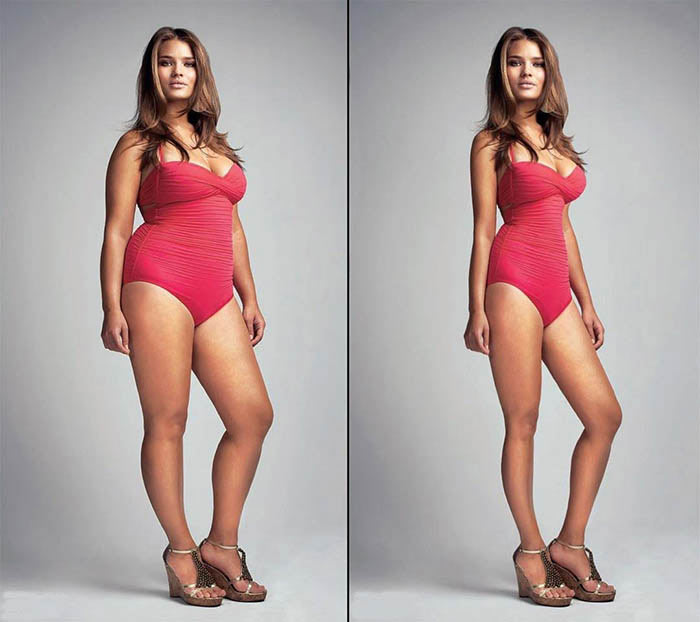 In fact, France is not a pioneer in making such decisions: in Israel, such rules were adopted some time ago. The reason for changing the rules in France was a significant increase in attention to the subject of body weight. Around 600,000 cases of malnutrition in young people have been reported throughout the country. Basically, this is due to extreme thinness. Writer Gabriel Didier has even written a whole book about this phenomenon. She says that to be plump is not just considered shameful in France – it turns into almost a crime. For example, one day she was fired from school because her overweight physique was a bad example for her students, and during a job interview the manager shocked her by saying categorically it was “a well-known fact” that the ampler the person, the lower his/her IQ.
In fact, France is not a pioneer in making such decisions: in Israel, such rules were adopted some time ago. The reason for changing the rules in France was a significant increase in attention to the subject of body weight. Around 600,000 cases of malnutrition in young people have been reported throughout the country. Basically, this is due to extreme thinness. Writer Gabriel Didier has even written a whole book about this phenomenon. She says that to be plump is not just considered shameful in France – it turns into almost a crime. For example, one day she was fired from school because her overweight physique was a bad example for her students, and during a job interview the manager shocked her by saying categorically it was “a well-known fact” that the ampler the person, the lower his/her IQ.
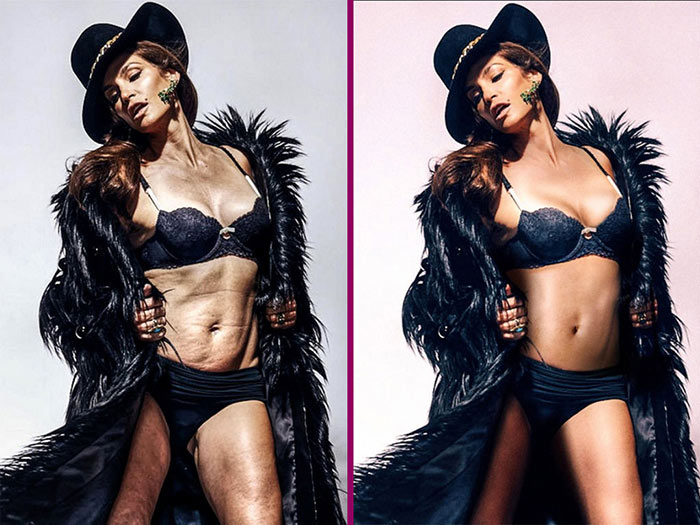 Not everyone agrees that such changes will somehow affect the overall state of the nation’s health, but in any case, experts believe that it is high time to change the opinion about what is “normal” and what is “unrealistic”. British journalist Tulip Mazumdar says they support all ways to push society towards a healthier perception of the human body. Now it is difficult to say from a photograph whether it was retouched or not. So the move towards helping models and the society in general to avoid the pressure to become as thin as possible is a great idea.
Not everyone agrees that such changes will somehow affect the overall state of the nation’s health, but in any case, experts believe that it is high time to change the opinion about what is “normal” and what is “unrealistic”. British journalist Tulip Mazumdar says they support all ways to push society towards a healthier perception of the human body. Now it is difficult to say from a photograph whether it was retouched or not. So the move towards helping models and the society in general to avoid the pressure to become as thin as possible is a great idea.
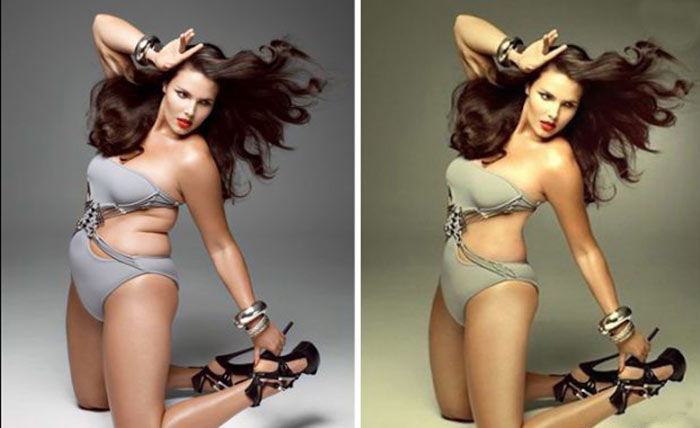 Joanne Kilbourn, a writer and activist, comments on the authorities’ decision, saying that advertising does not only sell products and things – advertising sells values and images, it sells the concept of love and sexuality, success, and, perhaps most importantly, the notion of what is normal and acceptable. Sometimes advertising just tells us who we are and who we should be.
Joanne Kilbourn, a writer and activist, comments on the authorities’ decision, saying that advertising does not only sell products and things – advertising sells values and images, it sells the concept of love and sexuality, success, and, perhaps most importantly, the notion of what is normal and acceptable. Sometimes advertising just tells us who we are and who we should be.
 On the way to this decision, other changes were also made. For example, since May 2017, models are required to regularly visit a doctor to find out whether they are healthy enough. Some leading companies in the fashion world have officially abandoned the services of models suffering from anorexia.
On the way to this decision, other changes were also made. For example, since May 2017, models are required to regularly visit a doctor to find out whether they are healthy enough. Some leading companies in the fashion world have officially abandoned the services of models suffering from anorexia.
As soon as the new law was enforced, the most powerful stock image agency Getty Images also banned the use of retouched photos of models for commercial purposes. This is an excellent sign that such decisions can affect not only a small group of people, but also a much larger population of both France and the world.










